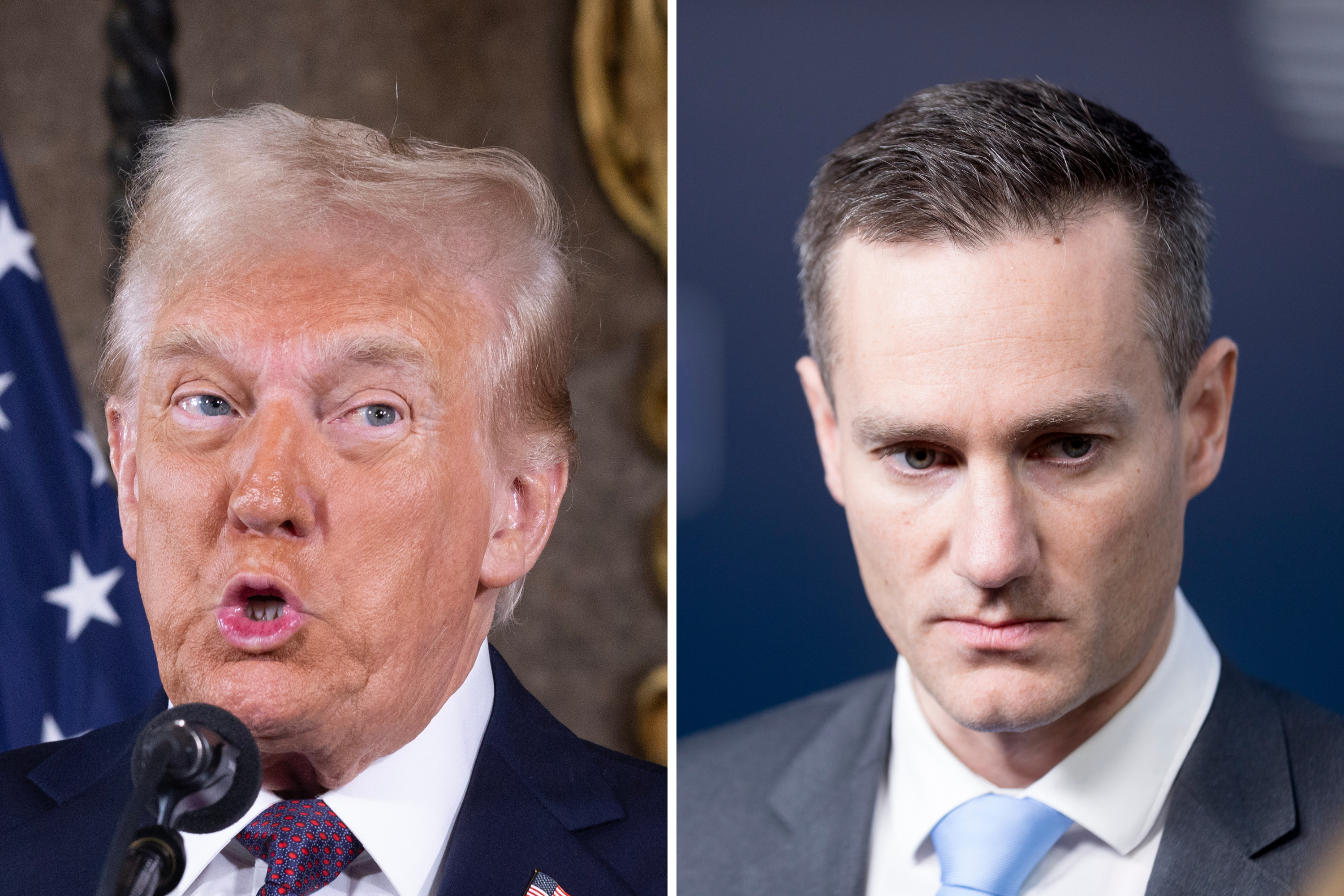A lawyer in the Monica Lewinsky-Bill Clinton case told a Florida court that Jack Smith's appointment as special counsel was illegal.
Robert W. Ray, a former federal prosecutor, wrote in a brief to the 11th Circuit Court of Appeals on Tuesday that Smith had no legal right to prosecute former President Donald Trump.
Smith is appealing a decision by Judge Aileen Cannon, a Trump appointee, to dismiss all charges against the former president in his classified documents case in Florida.
Trump was facing 40 federal charges over his alleged handling of sensitive materials seized from his Mar-a-Lago estate in Palm Beach, Florida, after leaving the White House in January 2021. He was also accused of obstructing efforts by federal authorities to retrieve them.

In her dismissal of Trump's classified documents case on July 15, Cannon noted that there is no constitutional backing for appointing Smith, a "private citizen," as a Department of Justice prosecutor in charge of all of Trump's federal indictments.
Ray worked as an independent counsel, replacing Kenneth Starr, in the Lewinsky investigation, formally concluding investigations into President Bill Clinton's affair with the White House intern by March 2002 with the decision not to prosecute Clinton once he left office.
Ray, who represented Trump before the U.S. Senate during his 2020 impeachment trial, filed an amicus or "friend of the court" brief to the appeals court on Tuesday. An amicus brief if an expert opinion, usually written for the court on behalf of one side of a legal dispute. In it, he directly addressed Smith's claim that independent lawyers have been used as prosecutors for decades, including in the Watergate scandal during the Nixon era.
Ray wrote that outside lawyers have historically been used only to assist government prosecutors, not to replace them.
"From the 1850s through the 1950s, during six presidential administrations, Attorneys General retained outside lawyers as Special Counsels either: to assist a U.S. Attorney with prosecutions, or to assist the Attorney General with an investigation," he wrote.
"And the Watergate Special Prosecutor is a thin reed to stand on. United States v. Nixon expressly and repeatedly recognized that the Watergate Special Prosecutor had 'unique authority and tenure.'
"Further, in 1973, the Acting Attorney General, with the acquiescence of the President, granted the Special Prosecutor unsurpassed insulation against removal, thereby establishing Watergate as a unique case."
Newsweek sought email comment from Trump's attorney and Smith's office on Wednesday.
Ray is best known for reaching a deal with Clinton, announced on January 19, 2001, hours after Clinton left the White House. Clinton admitted to lying under oath about his affair with Lewinsky. As president, Clinton was deposed in a lawsuit by Paula Jones, who alleged that Clinton had sexually harassed her years earlier.
Jones' lawyers were trying to establish a pattern of behavior in showing that Clinton had come on to Lewinsky, a White House intern.
Ray had considered indicting Clinton for lying in his Jones deposition, but in the January 2001 agreement, Clinton admitted: "I tried to walk a fine line between acting lawfully and testifying falsely, but I now recognize that I did not fully accomplish this goal and that certain of my responses to questions about Ms. Lewinsky were false."




















 English (US) ·
English (US) ·